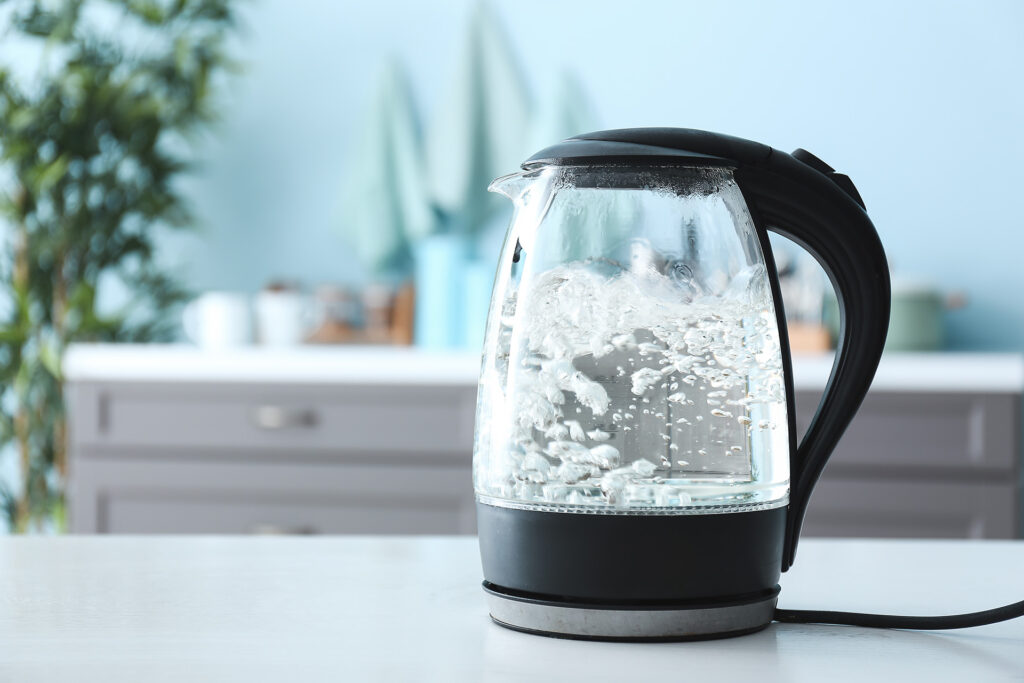5 Great Tips To Help You Save Energy And Money This Autumn

In a typical UK household, Energy Saving Trust believe more than half the money spent on fuel bills goes towards providing heating and hot water. With energy prices on the rise again, we asked the experts at Worcester Bosch to provide some easy, energy saving top tips to help you reduce your energy consumption and save money on your energy bills.
5 tips to save energy and money
1. Shower smart
While we all love a long, hot shower at the end of a busy day, the most effective way to keep refreshed is with short, cool showers. To help you cut costs, save energy and stay cool, check out these tips on showering smart:
- Choose showers over baths – to cut your water bills in half and to save on energy daily.
- Take shorter showers. Even shaving a minute off your daily shower could add up over the year.
- Turning water off while lathering – this will save on water and cut your showering time in half, saving you time as well as money.
Martyn Bridges, Director of Technical Communication and Product Management at Worcester Bosch gives the guidance: “The next time you come back from an intensive workout, attempt to shower for one minute less than usual. Doing this will save you hundreds on your energy bills per person. So, the more people you live with, the more you could save.”
2. Be careful in the kitchen
To make the most out of your kitchen, and to not burn a hole in your bank account, cut down on water consumption, energy and heat by following these simple tips.
- Take care to only fill the kettle with the amount of water you require – this will avoid the cost of re-boiling and re-filling unnecessarily.
- Clean your stovetop regularly – burner efficiency can be reduced dramatically due to heavy use. Clean stove tops regularly.
Martyn Bridges expands on the working from home struggles: “I know that I drink at least five cups of tea per day! If you’re like me, take care to only fill the kettle with the amount of water you require, to avoid the cost of re-boiling and re-filling unnecessarily.”
3. Stop heat escaping
With home working still very much a thing for a lot of people, you will be spending more time indoors, meaning you may have the heating on when you usually wouldn’t. Simple steps can be taken immediately to improve heat distribution in your home at no cost to you.
- Pull furniture away from walls – radiators against outside walls can allow heat to escape, so pulling furniture away from radiators can improve the circulation of air and make the radiator more effective.
- Open curtains on the southside of your house during the day – this will increase the solar gain into the house and at night ensure all curtains are properly closed to keep out the cold.
- Always cover your pots and pans – water and food will cook faster, and you will lose less energy in the process.
Martyn explains:
Ultimately, ensuring that heat stays inside your home is the most important, and simple way, to help you save money and energy daily. In addition to these simple steps, several other long term solutions can be implemented, including using double glazed windows and fitting curtains, carpets and adding reflective foil to your walls, to ensure you are keeping heat in.
4. Change your homely habits
Actively changing your habits will make a difference both to the environment and your bank balance, and you can do it by following these three simple steps:
- Turn off laptop switches – don’t leave your laptop on standby, you could save an extra £30 a year according to Energy Saving Trust by switching it off.
- Use cooler water for any tasks where hot water is not a necessity i.e. rinsing dishes. And try turning down the temperature on your washing machine and dishwasher instead of sticking to a set programme.
- Fill your dishwater and washing machines up – make sure they are full before you use them and switch to the most energy efficient and water saving settings to save both time and money.
Martyn says: “Switching off appliances once you use them and filling your dishwasher or washing machine to the brim will save you time while also helping you reduce energy. Reinforcing these actions on a daily basis will make them second-nature, and will benefit you in the long run.”
5. Taking Control of your heating
You are in full control of your environment. While working from home, make sure to not overload on heat, as you will end up feeling tired, faster. Cooler temperatures help you to stay productive and focused for longer, so follow these tips to help you get the most out of your heating at home:
- Turn down your thermostat – even turning it down by a single degree could help you save £80 a year, while also saving on energy emissions.
- Set your heating to optimal temperatures – 21°C is comfortable when you’re at home, with 17°C ideal for when you’re not in.
Martyn provides useful context: “If you’re wondering about the most efficient way to heat your home, it’s best to tailor it to your lifestyle. Keep your home comfortable – say 20°C – but remember that you can wear layers, too, to save cash in the long run.”









